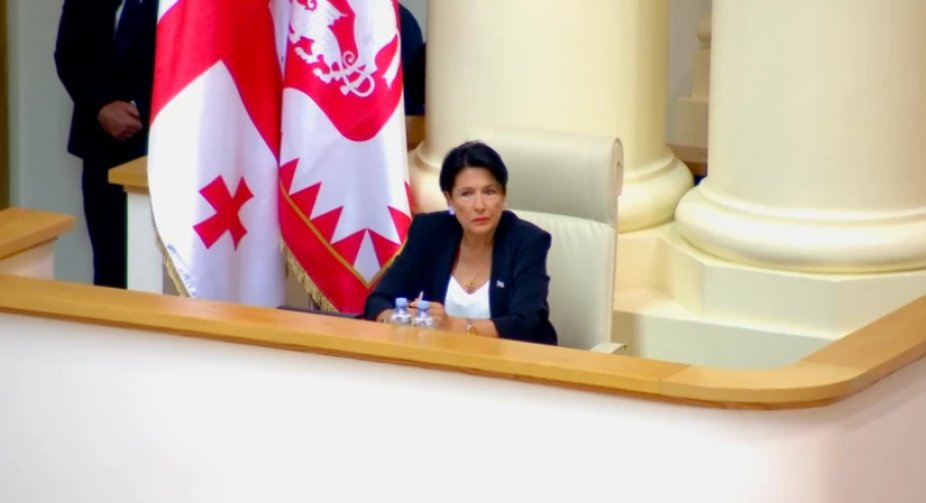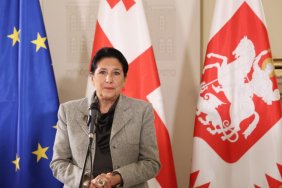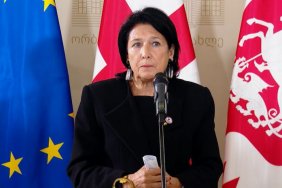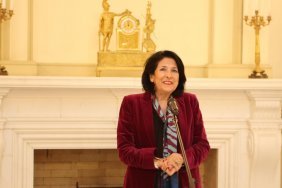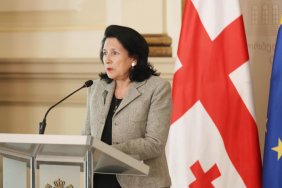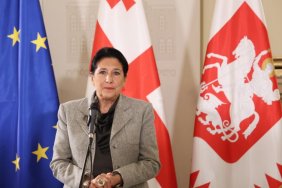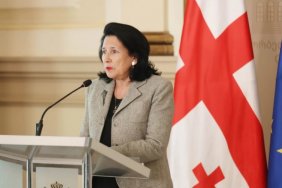In her annual report, President Salome Zourabichvili addressed the issue of “elite corruption”, labeling it as the "necessary cement" that consolidates power within an elite group.
She highlighted the “alarming escalation” of elite corruption, emphasizing that the appetite of the privileged class had reached “unprecedented levels” and lamented the lack of accountability, attributing it to the entrenched nature of corruption, which she said fostered a culture of impunity and shielded wrongdoers.
Drawing parallels with the Soviet legacy, Zourabichvili criticized the prevailing culture of power worship, characterized by authoritarian tendencies and a centralized decision-making process. She underscored the need to break away from this inherited system, which “perpetuates the concentration of power and undermines democratic principles”.
The president also criticized the alleged presence of “clan” in the domestic judiciary, which she claimed remained loyal to the ruling elite regardless of political shifts. She condemned its instrumentalization as a tool to suppress dissent and maintain the status quo, lamenting the absence of “meaningful reform efforts” since independence.
Addressing concerns about the persecution of opposition voices, Zourabichvili condemned the “systematic demonization of dissenting voices, portraying them as enemies of the state rather than legitimate political actors”.
Following Zourabichvili’s address, parliamentary factions and the majority leader were slated to deliver speeches in parliament, with each allotted a maximum of 10 minutes.
